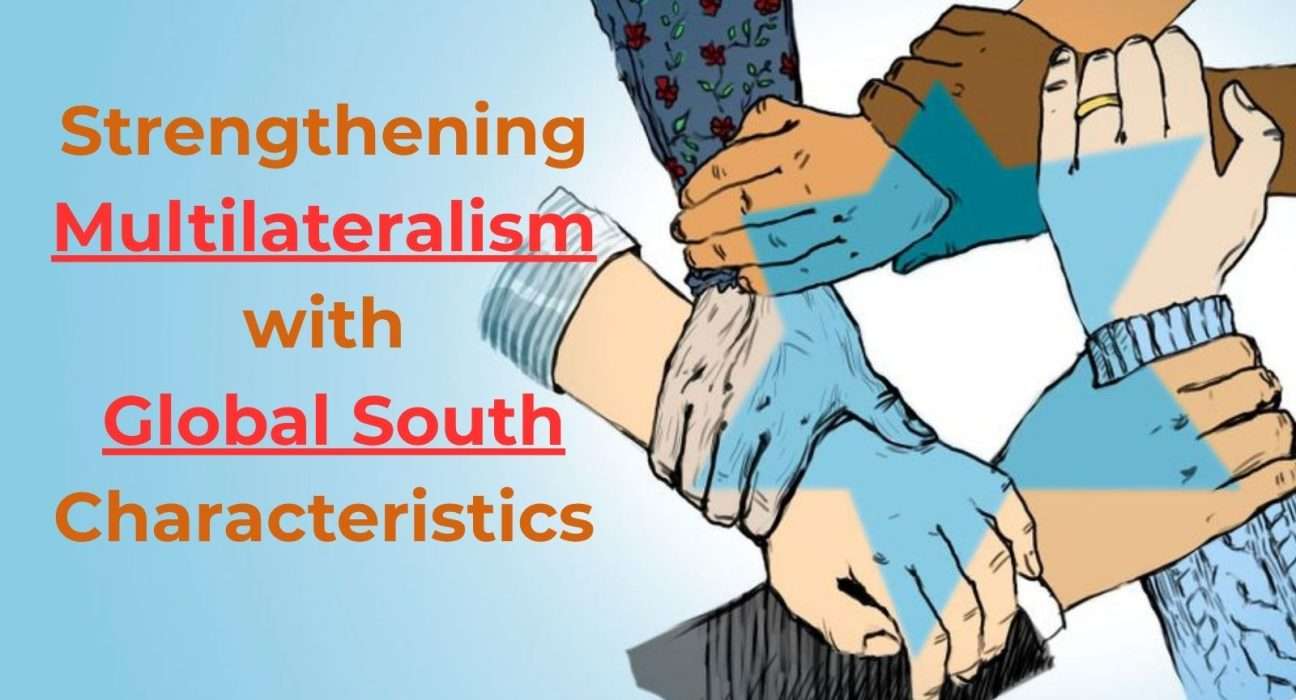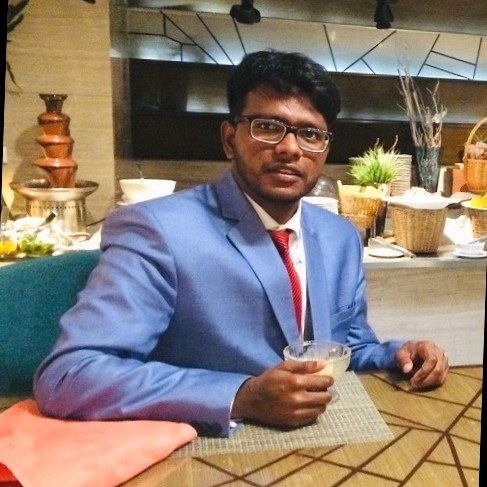Global politics has witnessed a transformation in its conduct and format, powerful countries are less interested in the multilateralism to discuss, prevent and resolve potential threats, although they keep meeting and discuss issues of geopolitical relevance, no constructive outcome is realized, such as to stop war or conflicts. Wars in Europe and the Middle East are testimonies of the weakening multilateral forms, which has become a podium of blame game to bluff international community.
The United Nations Security Council, for instance, is seen rarely to have united position on international security issue, is in most of the cases proved not constructive. In other instances, the removal of Russia from G-8 groups is another failure. Among all, the global south countries face several problems from climate to food, technological transfer etc. These Asia, Africa and Latin American countries have multilateral forums as medium through which they can express their concerns and demands, but being not heard and misinformed with the hope that the developed or global north countries would provide them finance and technology for their development. The growing shortcomings in multilateralism lies in its structure, which do not have teeth, only talking and maintained decades of status quo.
The Current United Nations General Assembly’s 80th Session, which was held in September 2025, is an opportunity to showcase their solidarity and unity to the developed world that they are united against the future challenges. Indian Foreign Minister in his UNGA speech underlines the need of multilateral forum like the UN to be in action by sharing in his opening sentence that “the UN charter calls on us not just to prevent war, but to build peace, not just to defend rights, but to uphold the dignity of every human being…slow progress of the SDG Agenda 2030 presents a sorry picture.” Besides, when the Israeli PM was addressing the UNGA Session, there was a mass multilateral diplomatic boycott. This signals such forum has been more than a puppet of great power politics to change geopolitical calculation.
On the side-line of the UNGA session, global south countries met and deliberated on relevant issues, and shared future course of actions. Among others, Indian Foreign Minister had shared whats and hows the global south likeminded countries would navigate complex global order and strengthen their voices at multilateral forums by strengthening it and showing unity in diversity.
Principles: Navigating complex order
At the like-minded global south gathering, Indian Foreign Minister Dr Jaishankar underlined the future road map to strengthen multilateralism as a solution and how countries could apply these to navigate a complex geopolitical order. Seven principles were highlighted :
- First, to focus on fair and transparent economic practices that do not just stress on democratization of production, but also focuses on enhancing economic security.
- Second, a stable conducive and practical cooperation environment is required for a balanced and sustainable economic international by emphasising on South-South trade, technology and investment cooperation.
- Three, given supply chain emerging as a critical element for economies, an emphasis was made on building a resilient, reliable and shorter supply chains that would minimize the dependence on single country or market.
- Fourth, different sorts of conflicts require a long-term resolution, specially that impact the basic necessities, such as food, fertilizer and energy security.
- Fifth, the preservation and protection of oceans are needed. The critical shipping lines, environmental issues, etc posing threats for international community.
- Sixth, there is a collaboration required between countries in the area such as technology and to leverage the initiative such as the Digital Public Infrastructure, and
- Seventh, often tables are set to exclude the global south countries and their concerns, therefore, a fair and level playing field is required that could provide global justice and achieve the developmental needs of the developing countries.
So these principles and concepts would reinforce the partnership among global south community members.
Agendas to be focused on
In the meeting, Indian Foreign Minister has proposed the future course of actions and strategic areas wherein the global south community could provide a collective strength. The Five proposed areas to be focused on are:
- It was underscored that the community of global south would strengthen the existing multilateral forums and consultations to encourage collaboration and solidarity.
- To democratise the course of actions, individual countries’ experiences and achievements were noted down to encourage for the benefits of global south countries. Minister underscored the examples such as vaccine production, digital capabilities, etc.
- Climate is a global issue that has impacted global south region more than global north, so countries are encouraged to take initiatives that achieve climate justice and solidarity.
- The Artificial Intelligence technologies utilization, reiterated the reforms of old structured institution that reflect 21st century reality.
- And, multilateralism has lost its significance, so there is a need to inject confidence to restore its glory for better global south future.
To conclude, the world is going through a complex period that has affected global south countries’ development trajectory. To minimize or avoid the trap of great power politics these countries have set the tone of how they will enhance their solidarity and unity for their prosperity and development.
The principles and proposed areas of cooperation by India as underlined above would set the future tone of their engagement. Individual experiences of countries would make the multilateral forum more democratize and trustful. These global south characteristics have long term future in global politics and this community has common future of peace, prosperity and inclusive development.





